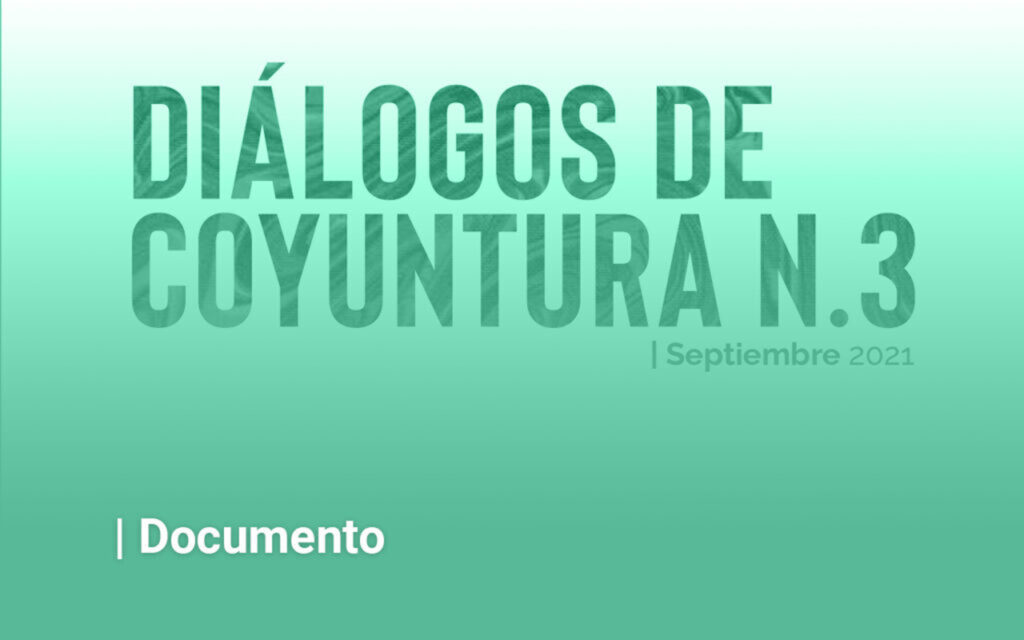ECONOMÍA FORMAL E INCLUSIVA: Lecciones, impacto y legado de la Alianza EFI
Esta publicación busca resaltar los aprendizajes, el impacto, y lo que queda como legado de la Alianza EFI para la sociedad y para la comunidad académica. La brevedad con que está escrito no le hace justicia al esfuerzo y horas de dedicación de más de ciento cincuenta investigadores, consolidados y en formación, y de un […]
¿Establecer precios máximos en el mercado anticonceptivo funciona para acceder a ellos?Evidencia a nivel agregado y en farmacias de Colombia
Uno de los fenómenos que más se presenta en América Latina es la alta tasa de embarazos adolescentes. Tanto así, que ha llevado a varios países de la zona a ocupar los primeros lugares alrededor del mundo. Estas cifras hicieron que los países adoptaran estrategias, como la educación sexual en colegios, para combatir su crecimiento. […]
Renewable resource dynamics: A Web-based classroom experiment
The authors adapted a lab-in-the-field experiment emulating the dynamic extraction of a fishery to create a Web-based classroom experiment. The game includes a multi-player version analogous to an open access problem and a single-player version analogous to the social planner problem. This game is helpful in introductory microeconomics courses to teach about dominant strategies and […]
Price discrimination in informal labor markets in Bogotá: an audit experiment during the 2018 FIFA World Cup
We conducted an audit experiment to examine whether street vendors in Bogotá (Colombia) exert price discrimination based on buyers’ attributes, such as gender and nationality, and based on product characteristics, such as the increasing marginal valuation of items needed to complete a collection. We exploited the seasonal demand for album stickers related to the FIFA […]
Land division: A lab-in-the-field bargaining experiment
We design a framed bargaining experiment to explore how farmers allocate inherited land. In the experiment, two players with heterogeneous productivity inherit a land plot yielding a risky production, and some tokens to bargain over a land allocation. We conduct this experiment in Colombia with 256 participants from rural municipalities and 120 undergraduate students. Although […]
How is the trade-off between adverse selection and discrimination risk affected by genetic testing? Theory and experiment
We develop a theoretical analysis of two widely used regulations of genetic tests, Disclosure Duty and Consent Law, and we run an experiment in order to shed light on both the take-up rate of genetic testing and on the comparison of policyholders’ welfare under the two regulations. Disclosure duty forces individuals to reveal their test […]
Extracting Low-Cost Signals of Perceived Quality Control in Community Pharmacies: A Simulated Client Study of Contraceptive Dispensing in Bogotá
We determine whether community pharmacies in Bogotá produce differential quality signals, and if they are related to an objective quality measure: the compliance with prescription rules. In this quantitative descriptive study, we use the simulated client methodology (N=298) to assess whether Bogota’s community pharmacies comply with prescription rules related to contraceptive medications. We find that […]
Ego-relevance in team production
We study how individuals’ effort contribution to a team production task varies depending on whether the task is ego relevant or not. We conduct an experiment to test the effect of egorelevance when the team production depends on the team’s top- or bottom-performer. Egorelevance is manipulated by calling the Raven IQ Test an “IQ Task” […]
Does price-cap regulation work for increasing access to contraceptives? Aggregate- and pharmacy-level evidence from Colombia
Price caps through international reference pricing are widely used worldwide but not so commonly in over-thecounter markets. We study the short-term effects of a price cap regulation for oral contraceptives in Colombia, a market dominated by the presence of several branded generics with multiple active ingredients. Most of the regulated products were fourth-generation contraceptives, and […]
Hacia donde llevar la estrategia para el control del Covid-19 en Colombia

La pandemia de COVID-19 ha sido un detonante de afectaciones personales, sociales, políticas y económicas a escala mundial. La pandemia y los riesgos que representa para la salud de la población implicaron adoptar medidas para prevenir el contagio del virus y frenar la mortalidad. En muchos Estados hubo restricción a derechos fundamentales, inversiones inesperadas en […]